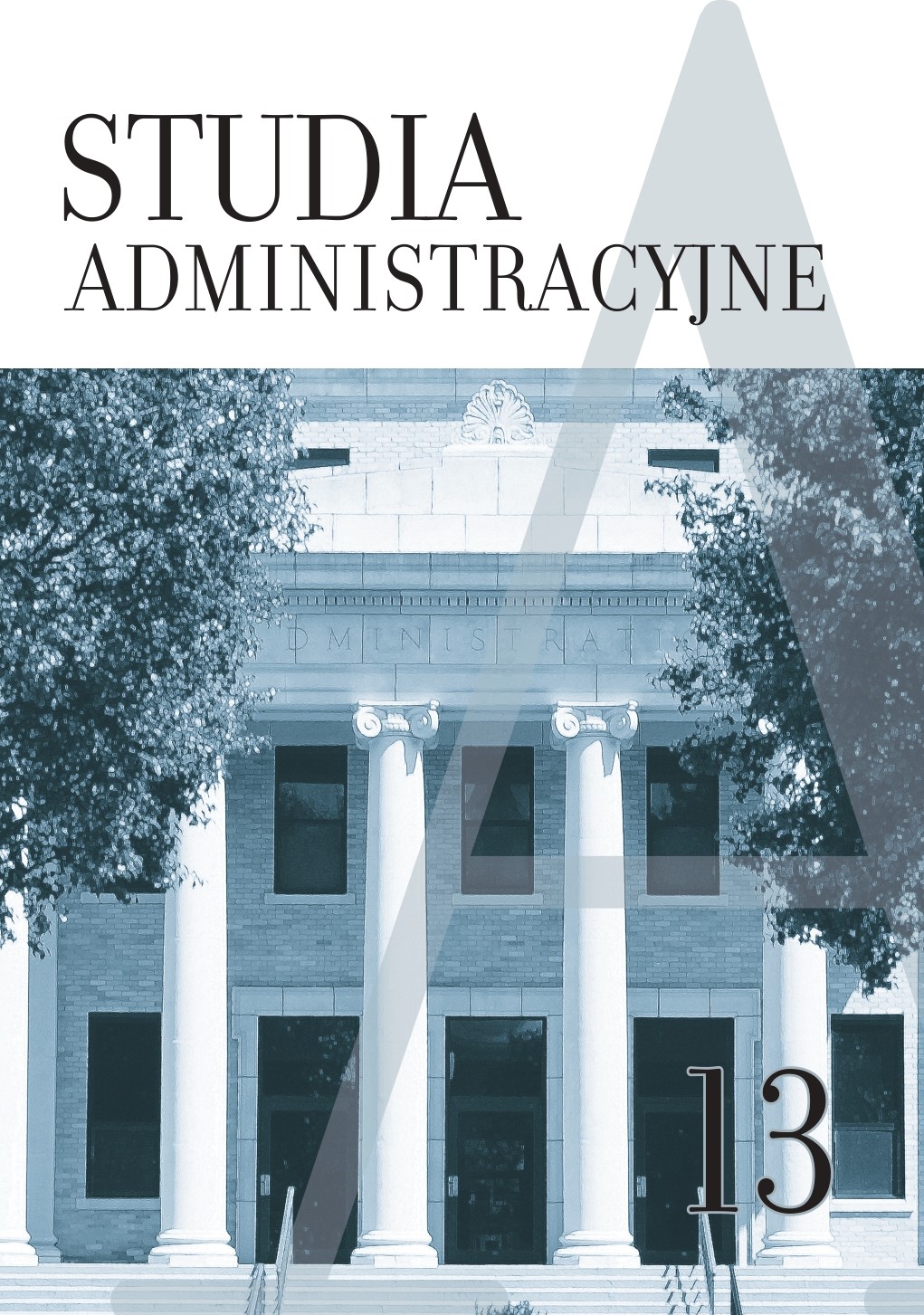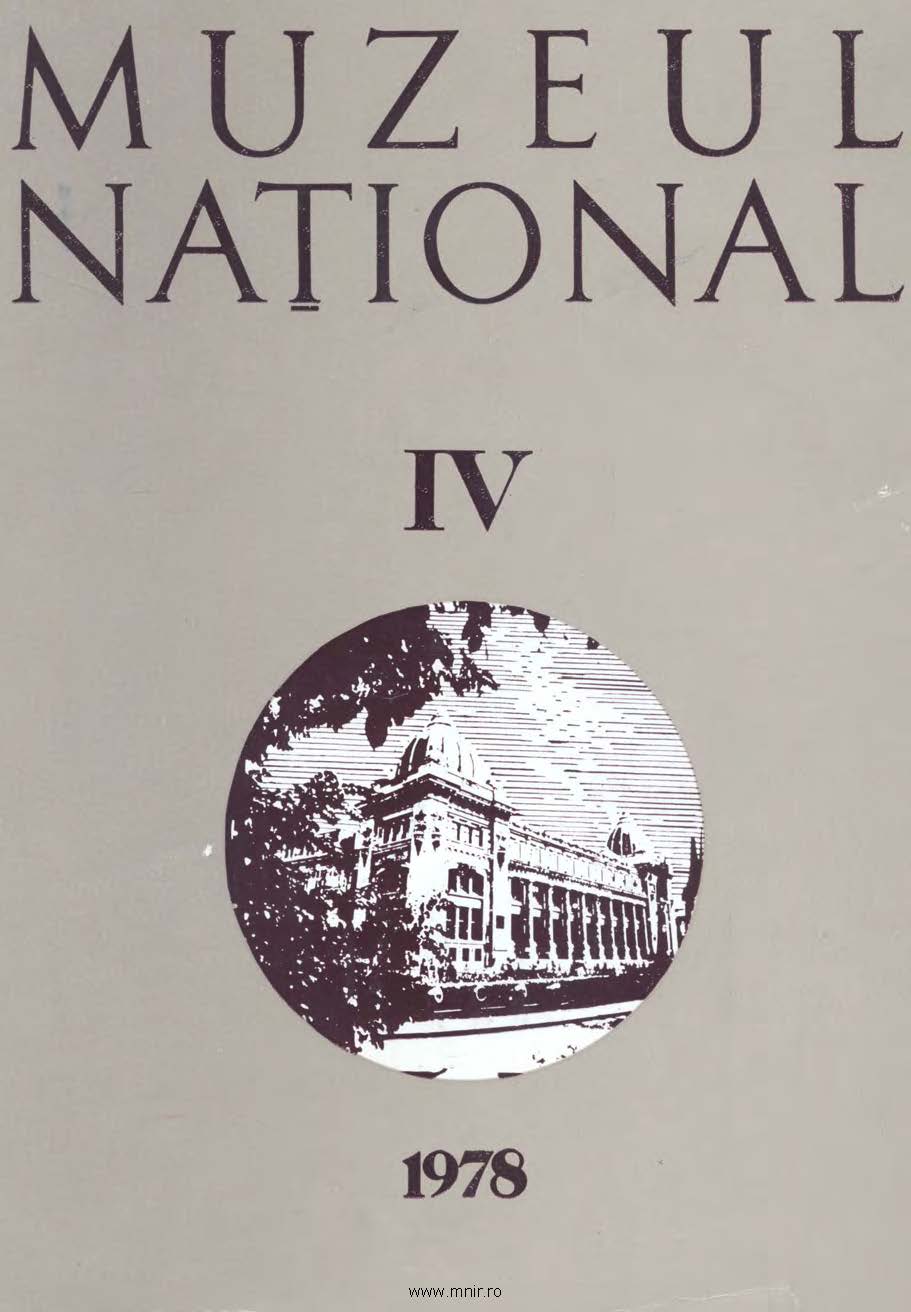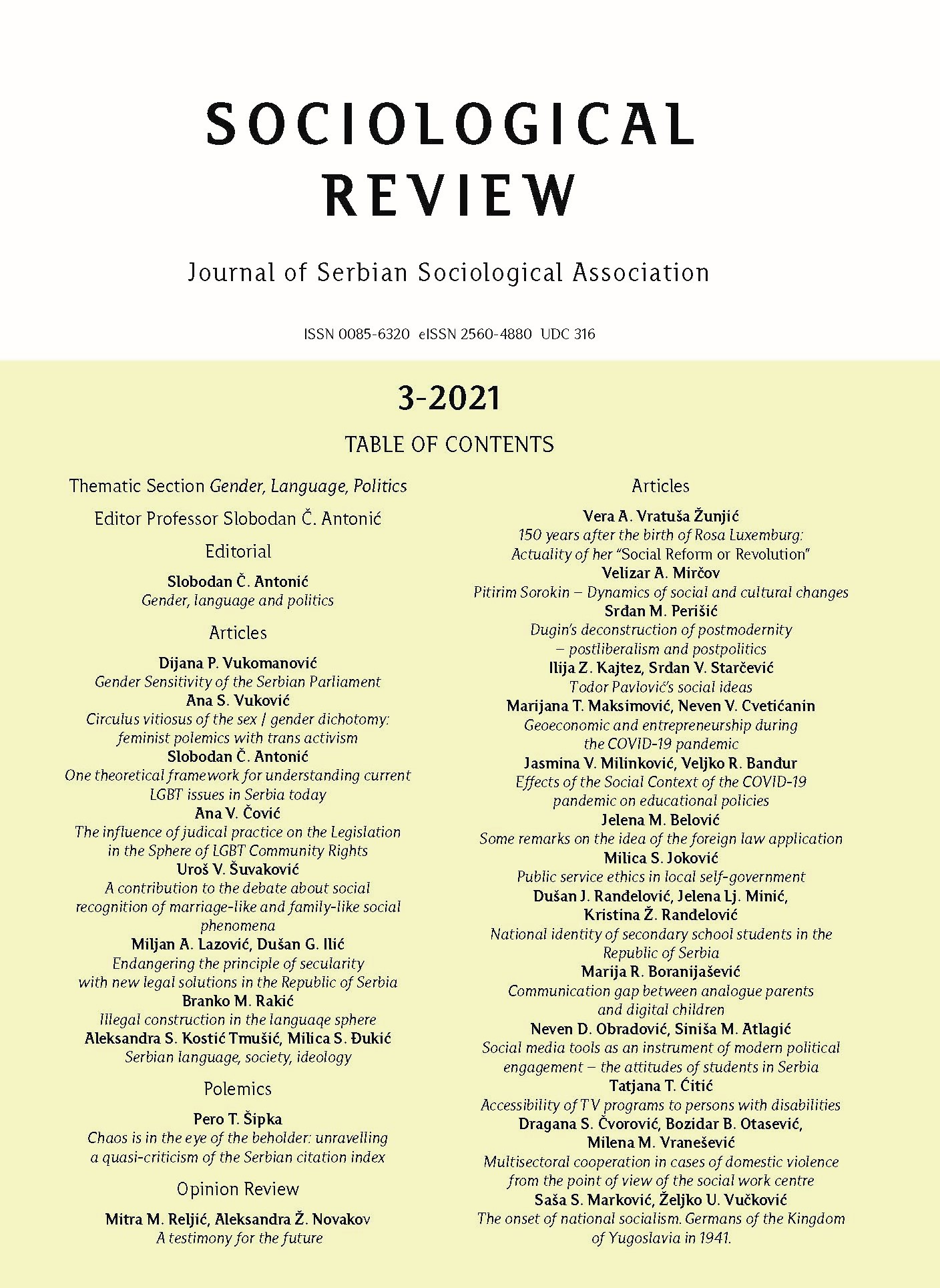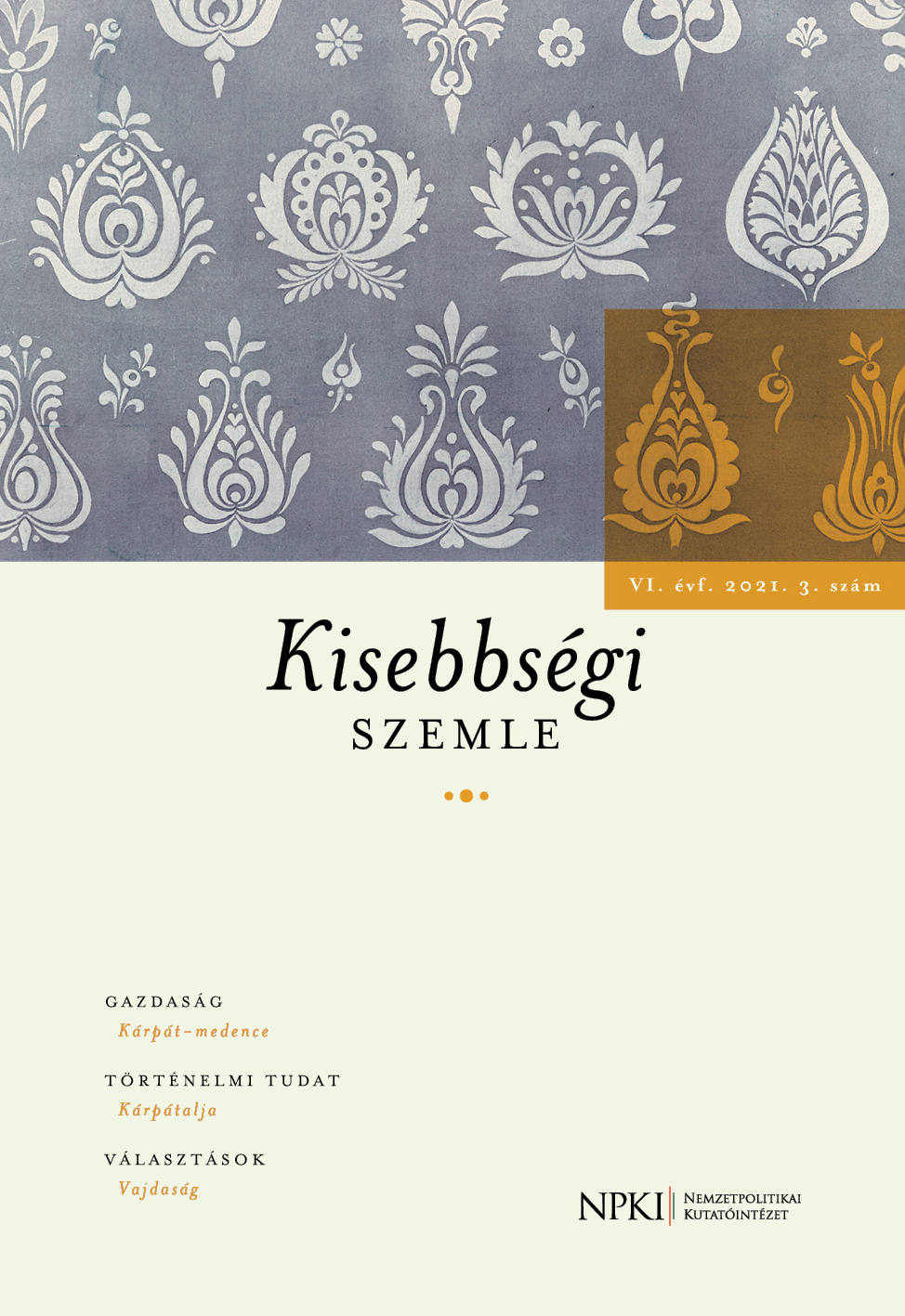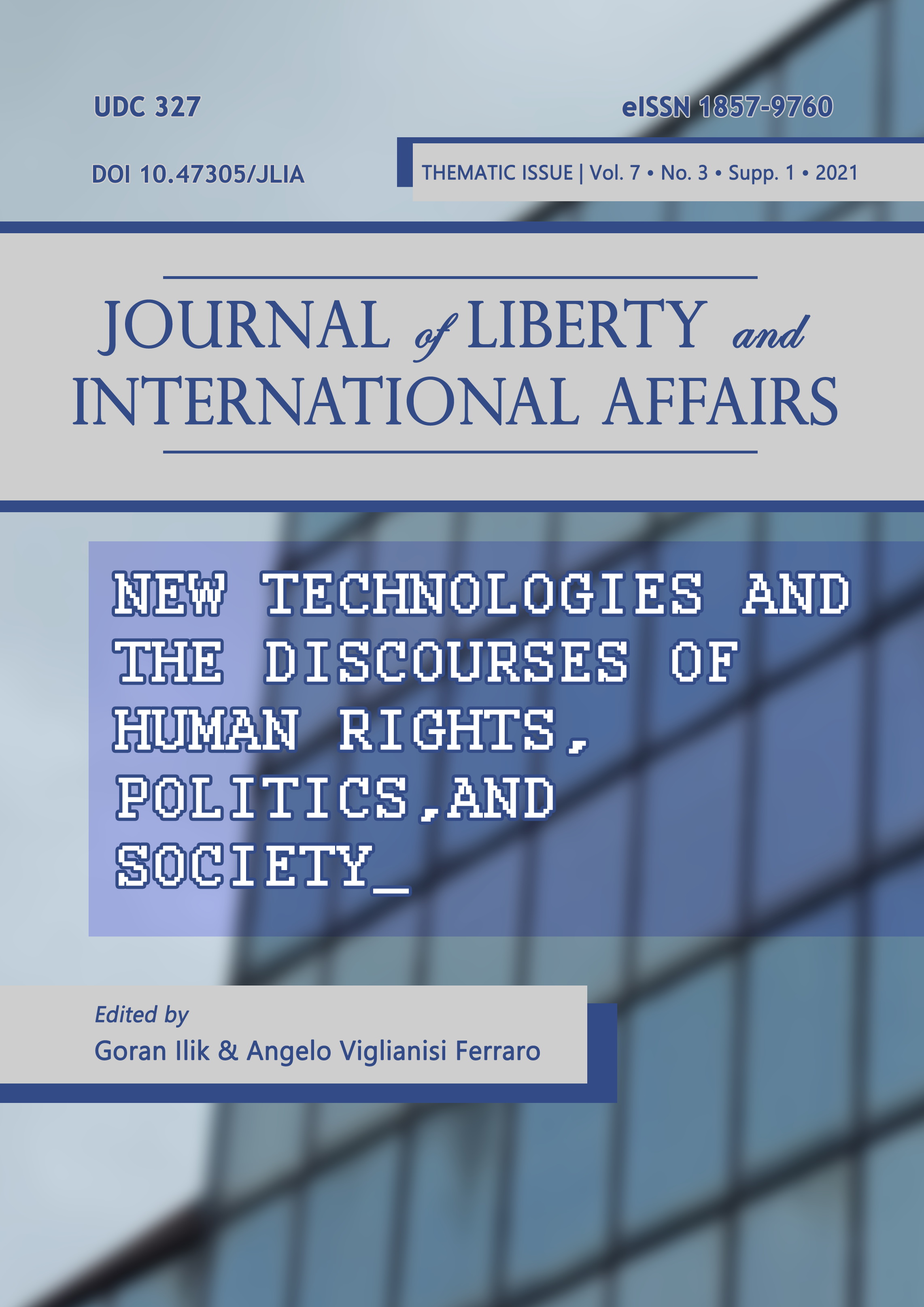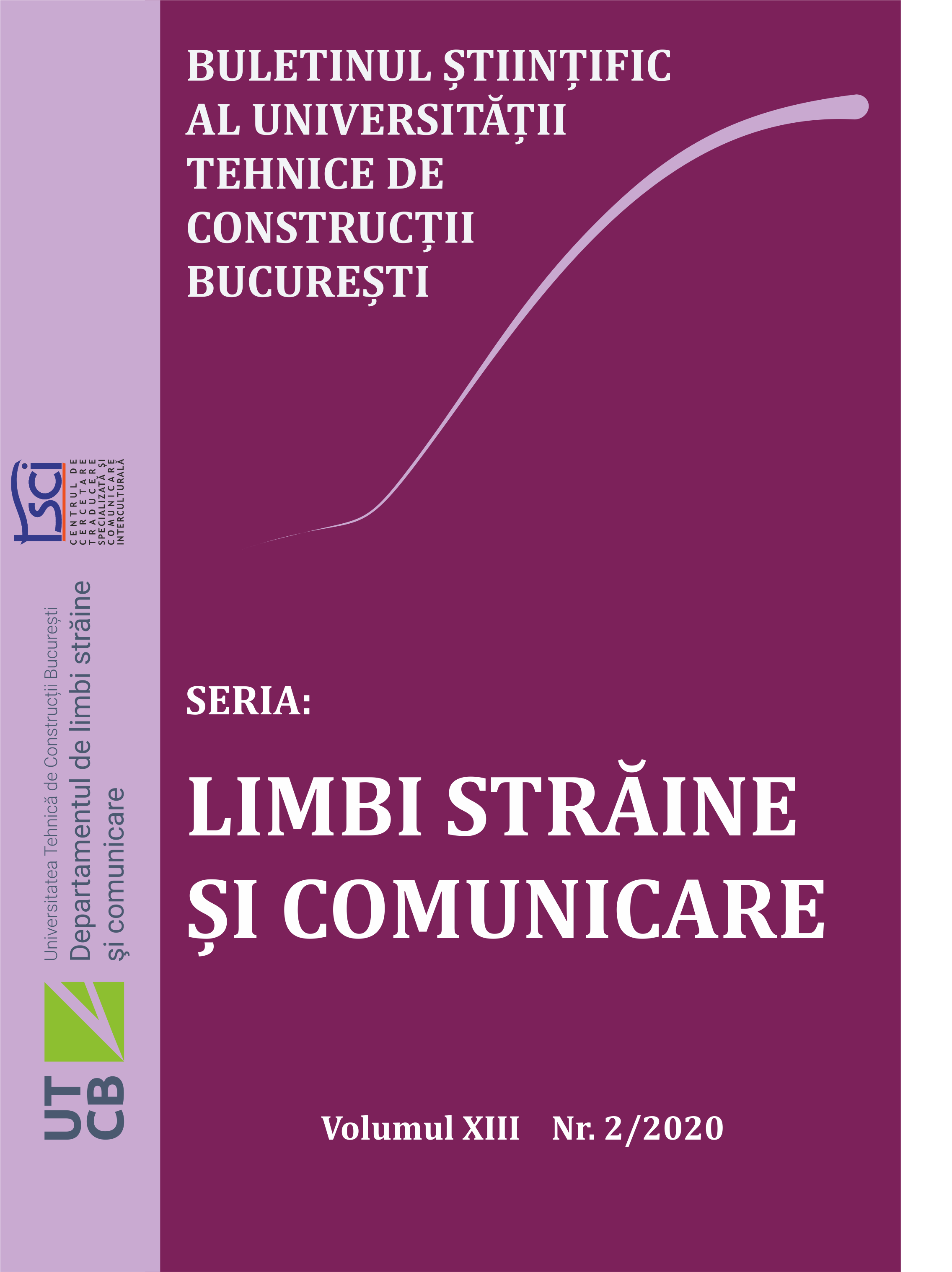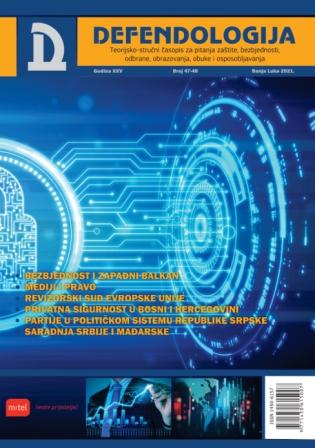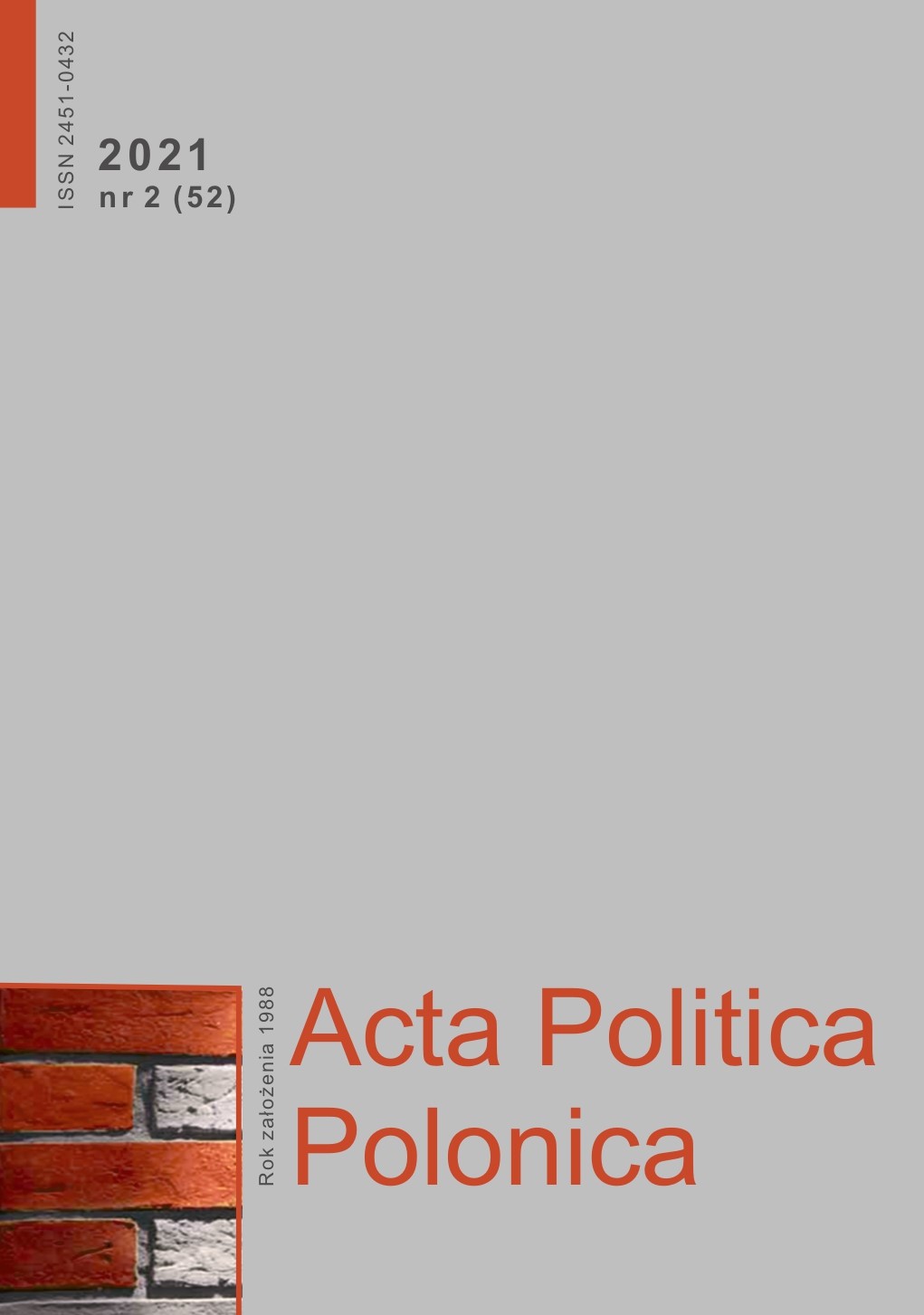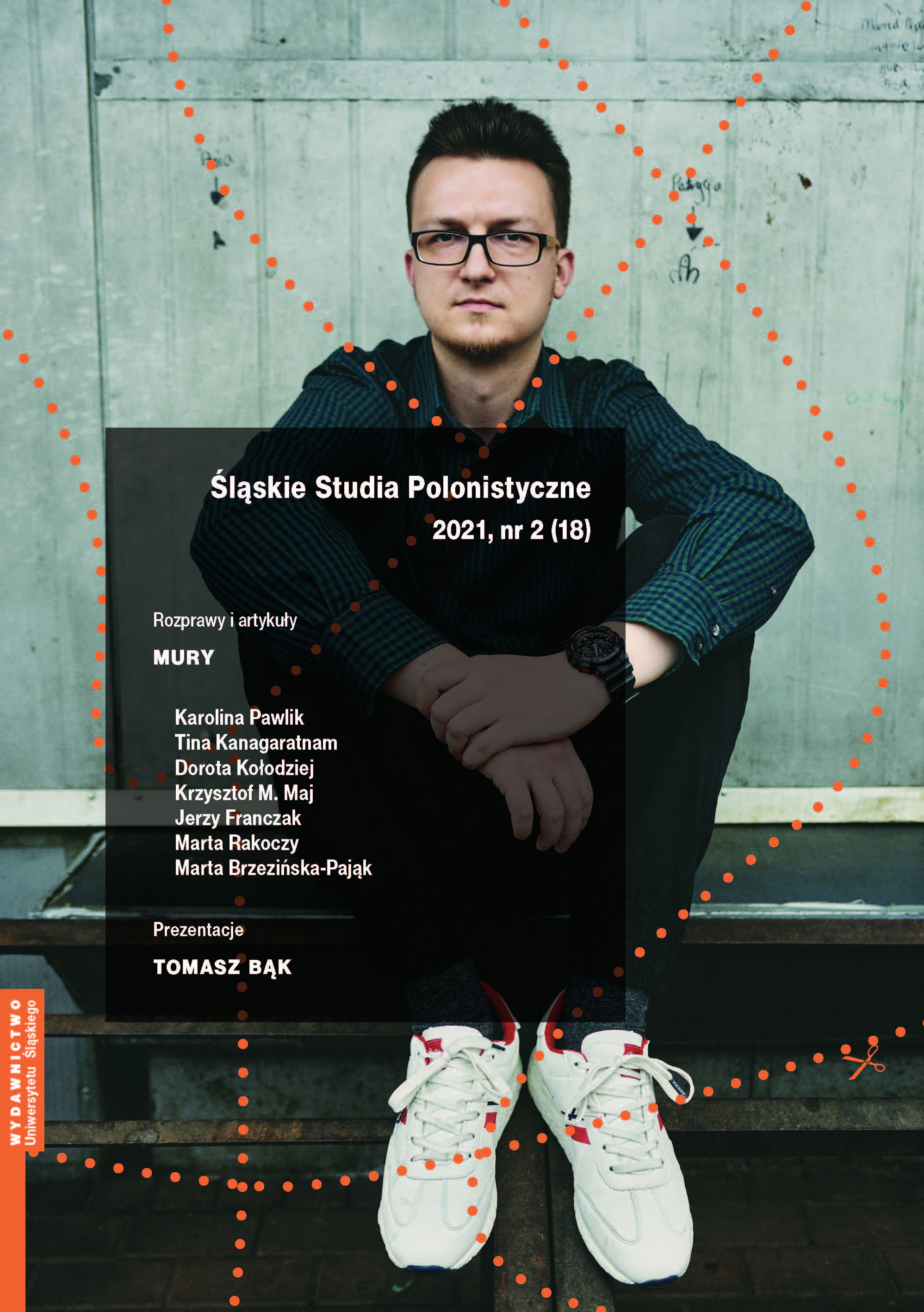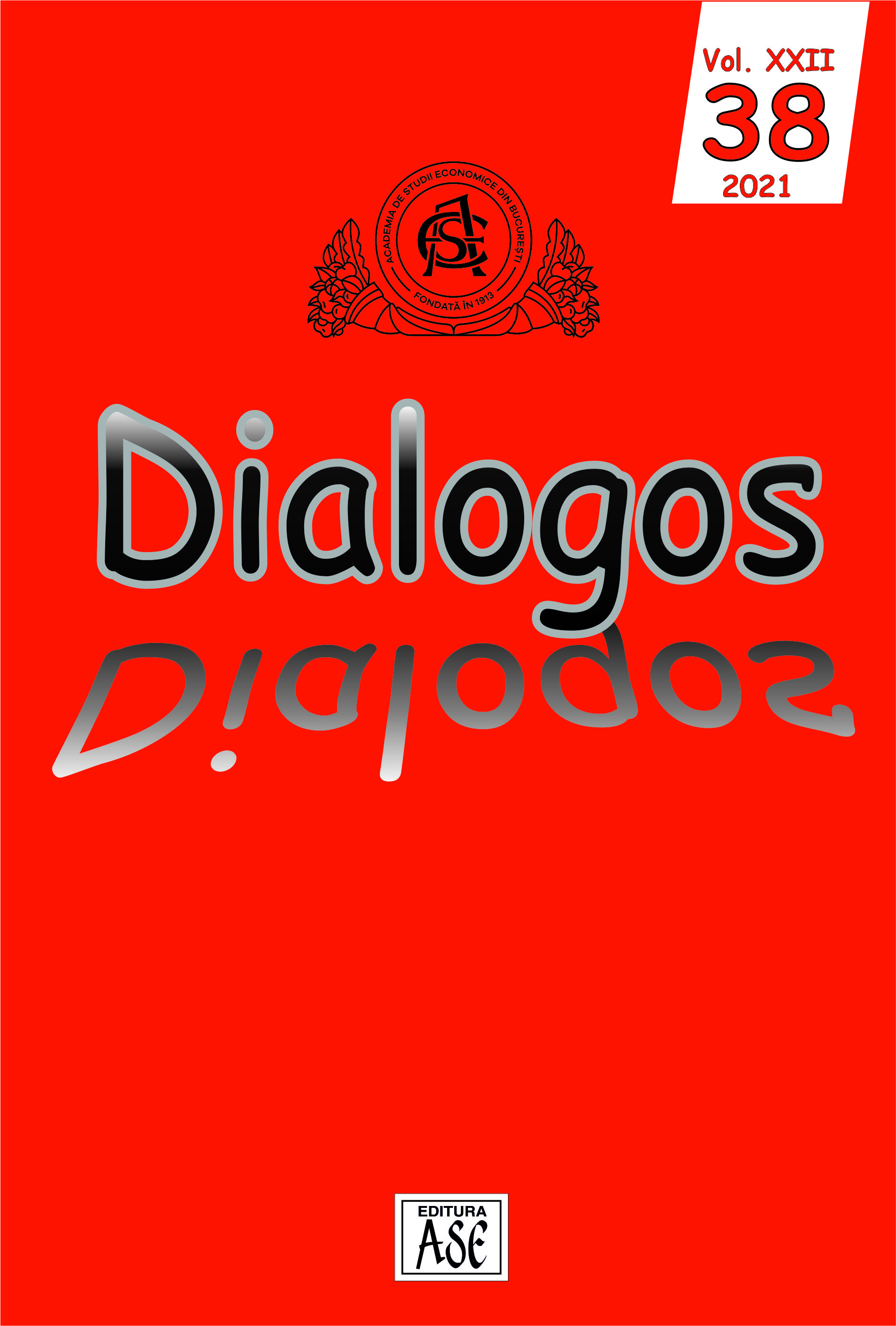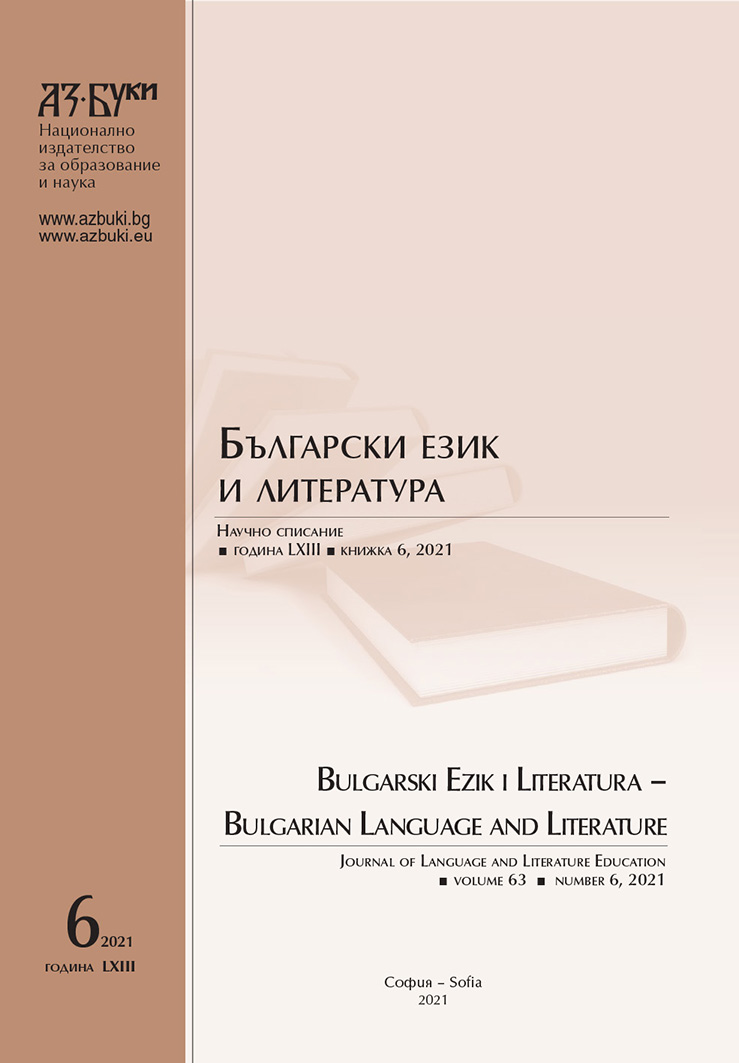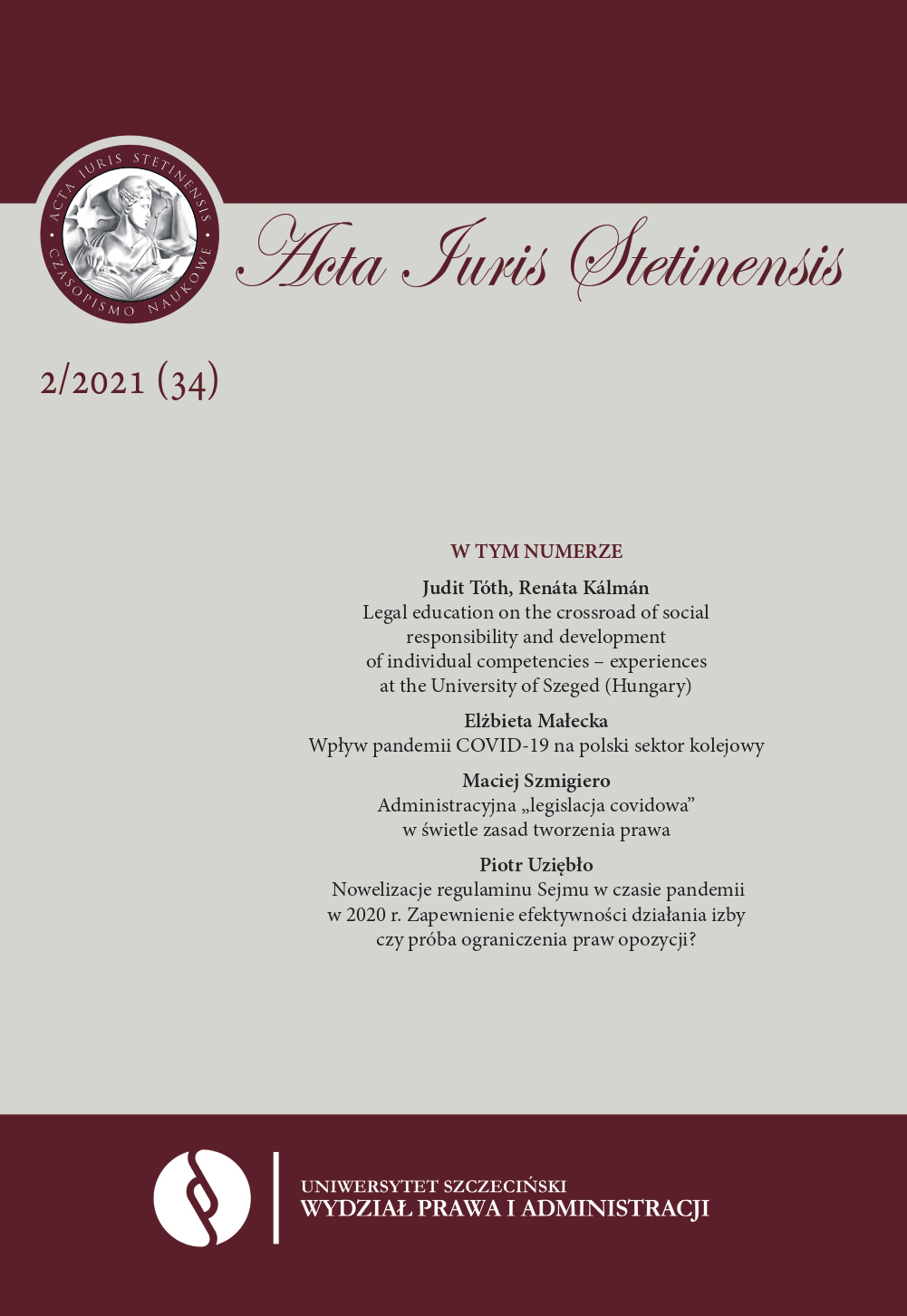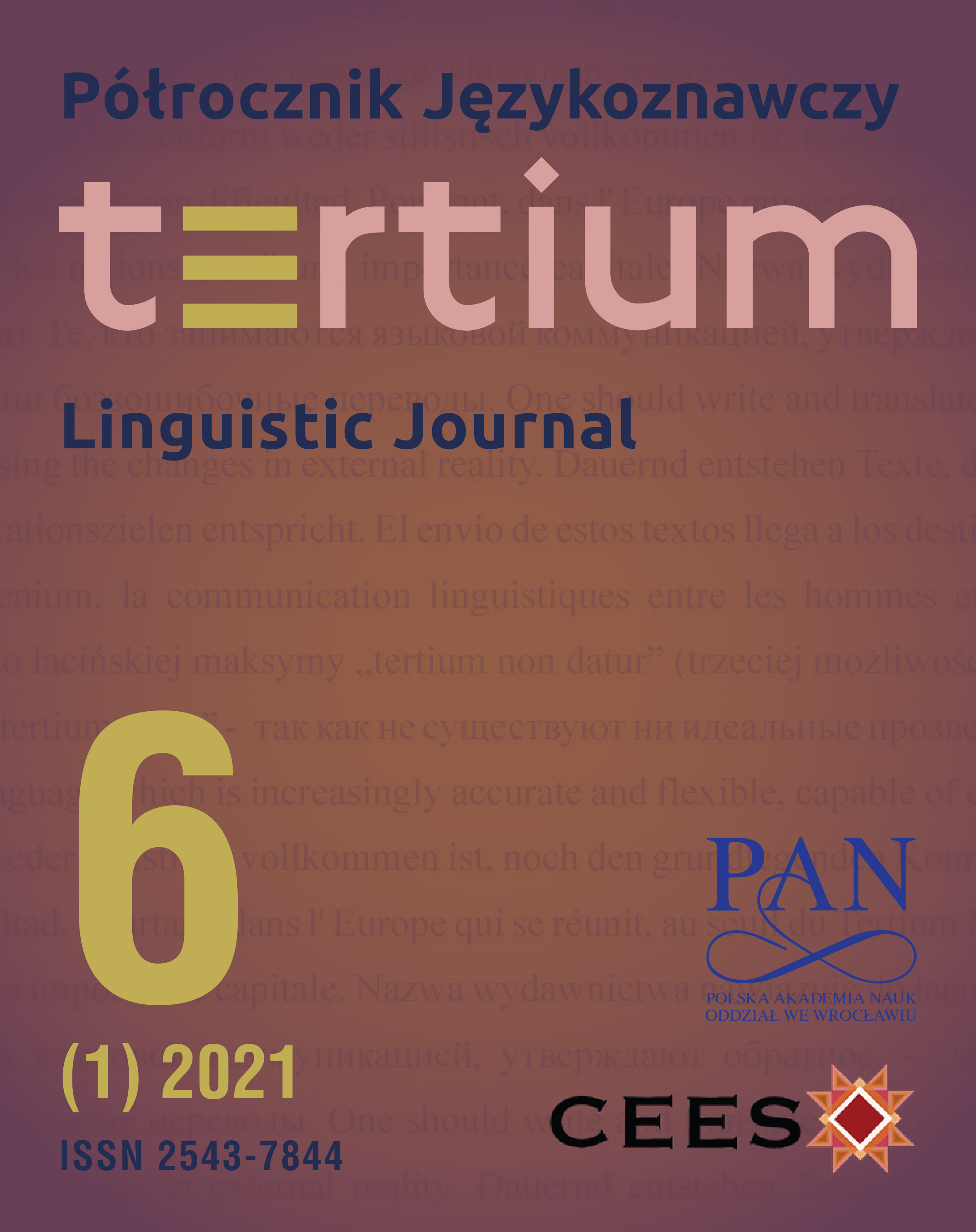
Labour-law Basic Terminology Based on the Polish Labour Code
The paper discusses two approaches to compiling lists of labour-law basic terminology (BT): a frequency-based approach and a concept-based one. The purpose of the paper is to compare each of the methods based on two sets of basic terminology selected in accordance with them. Using the first method, terms are selected via an automatic search of keywords and terms and organised according to frequency with the use of Sketch Engine. The second means of term extraction is a concept-based approach in which terms are selected based on the table of contents of the Polish Labour Code, which, for the purposes of the study, is assumed to outline the terminological system of Polish labour law. The results of this research are reviewed from the viewpoint of terms’ frequency, the number of words they consist of, systemic relations between terms in the labour-law terminological system, and potential users and their needs. This has allowed the author to draw a few conclusions as to the characteristics of the approaches taken, and the applicability and usefulness of lists of BT compiled on their bases.
More...

